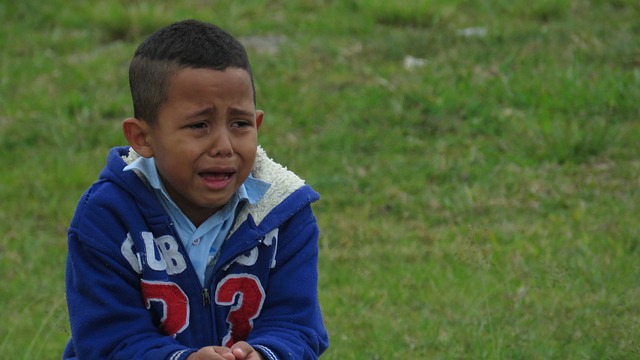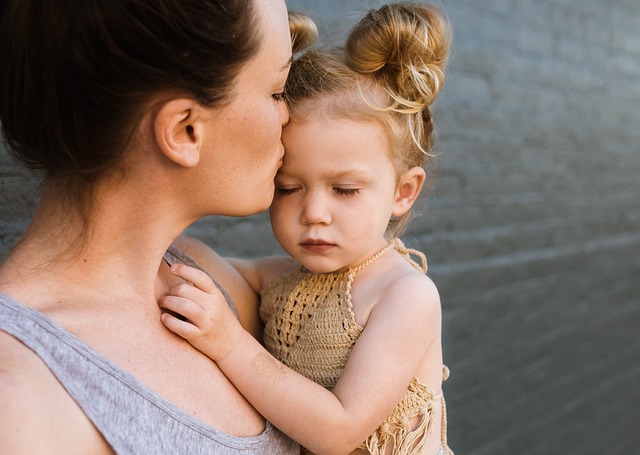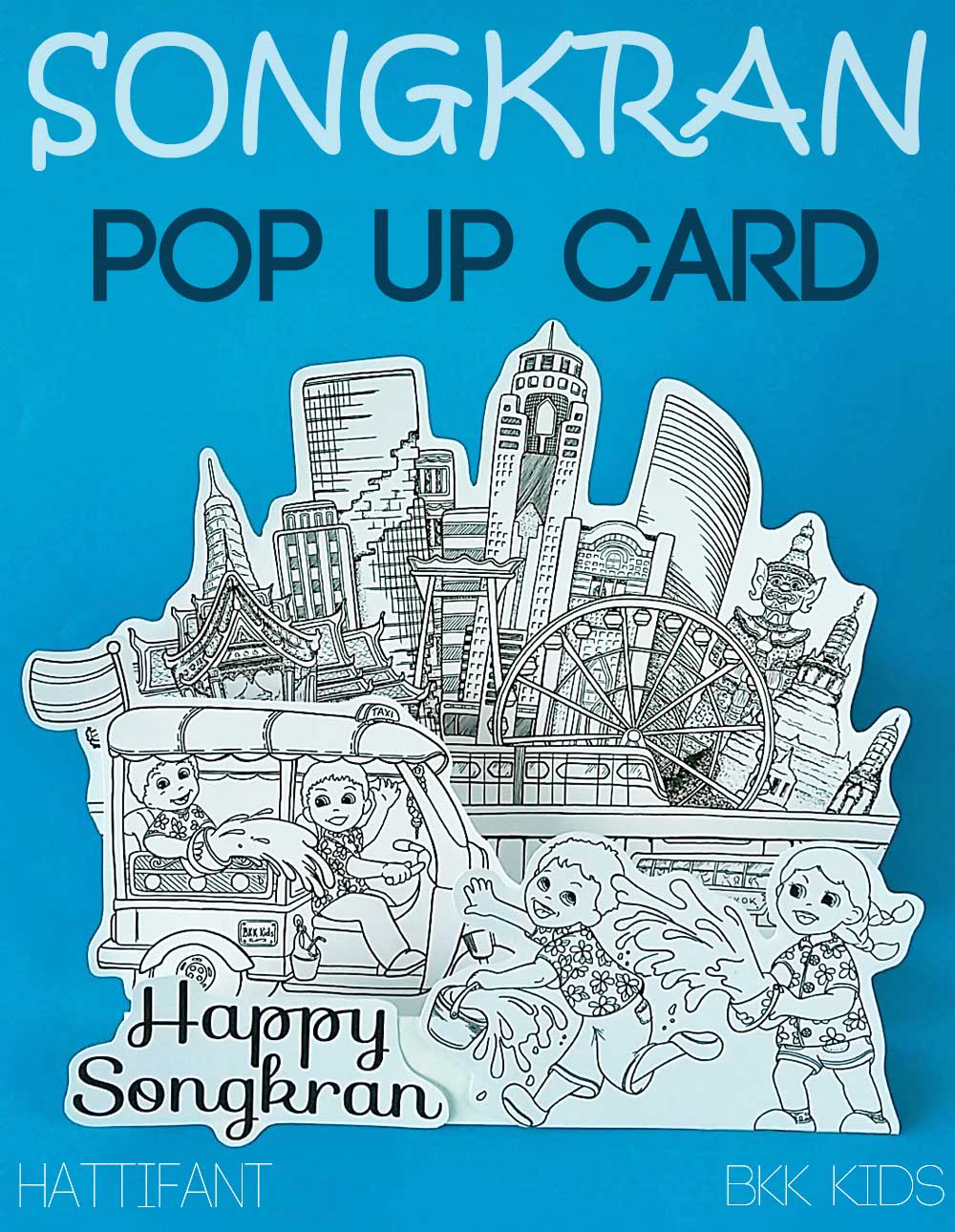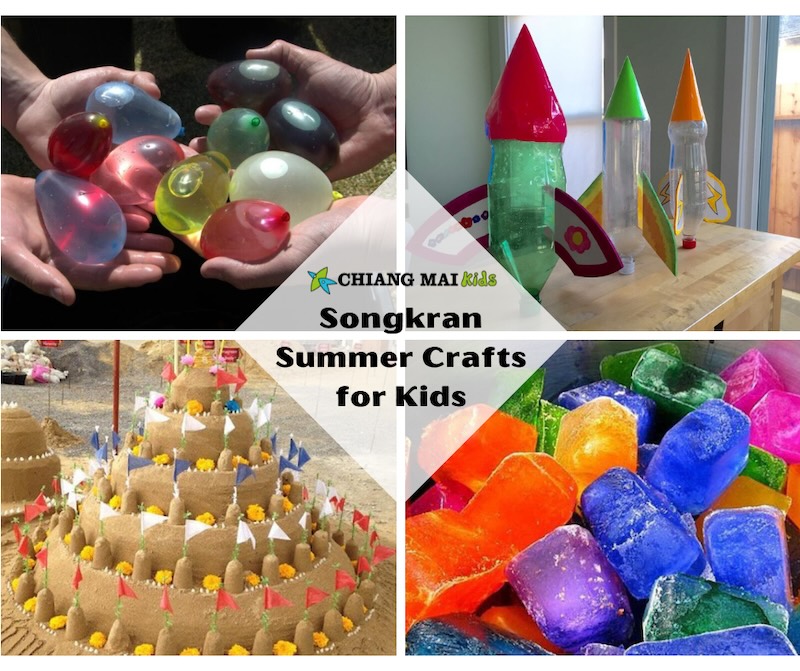New school, first school, separation anxiety is all part of being a parent. Little ones often become upset when they’re suddenly left with someone else, including milestone events such as starting school. Equally, adults can suffer from separation anxiety, and the prospect of leaving your baby or toddler with another person can feel really stressful.
But there are ways to reduce those emotional moments. The following five strategies are all designed to help ease feelings of separation anxiety for both you and your child.
1. Create distance with small steps
The first time you leave your child is never easy. Especially if they haven’t been out of your sight since the moment they were born. So it’s important to take things slowly. Start by taking a short 20-minute stroll to the shops. As you feel more confident, you could arrange a lunchtime date with a friend. Or book yourself in for a hair appointment or time at the spa. Aim to gradually increase the time and distance you spend away from home and you should start to reduce your overall sense of anxiety.
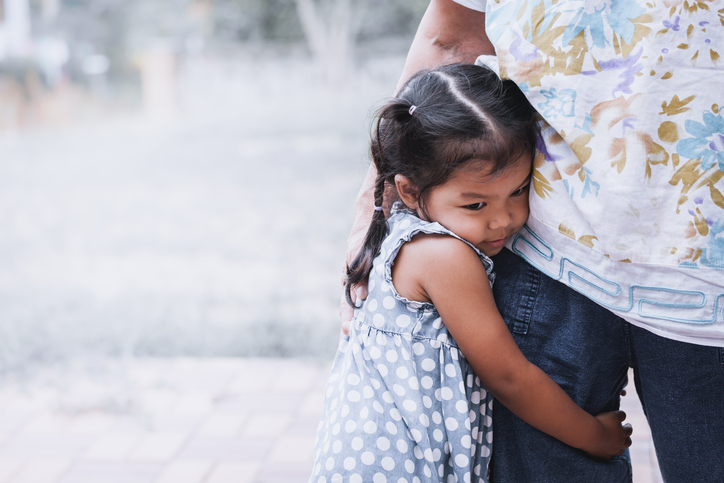
2. Keep things feeling familiar
Little ones love familiarity. So when you leave your child with someone else, it’s best to pick someone they know well and trust, such as a grandparent. If possible, arrange for the babysitter to take care of them in your own home. If you do need to take your child to another person’s house, let them take a comforting blanket, cuddly toy, or a favourite game. Finally, let your babysitter know about your child’s routine. Sticking to the same order and timings for things such as their evening story, bath and bed will help them feel more settled.
3. Getting over guilt
Guilt is a natural emotion for a parent to feel when they’re apart from their child. But intense feelings of guilt that stop you from enjoying yourself (or leaving your child altogether) aren’t helpful or healthy for either of you. Having time to yourself isn’t selfish. After all, every parent needs to recharge the batteries to function at their best. Remember, taking a break (even for an hour) is important for your own well-being, which in turn will have a positive impact on your child.
4. Let them know what to expect
If you’re planning on an afternoon or evening out, it can be helpful to let your child know one or two days beforehand. Tell them where you’re going, and explain who will be looking after them. Ask them if they have any questions, too. By talking to them in advance, you’ll give your child some extra time to get used to the idea and provide the opportunity to put their mind at ease.
5. Don’t make a big deal of goodbyes
Saying goodbye is always tricky. But long and emotional farewells tend to make things harder for everyone concerned. When you’re leaving your child, keep things light and casual. Let them know you’ll be home soon, and try not to make a big deal of leaving. A quick exit might feel cruel, but it’s often the best way to lessen the impact and reduce the odds of them becoming overly upset.
